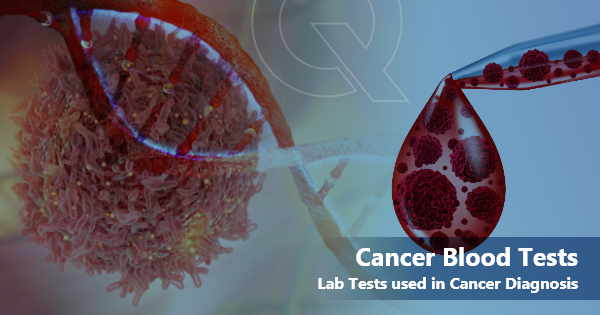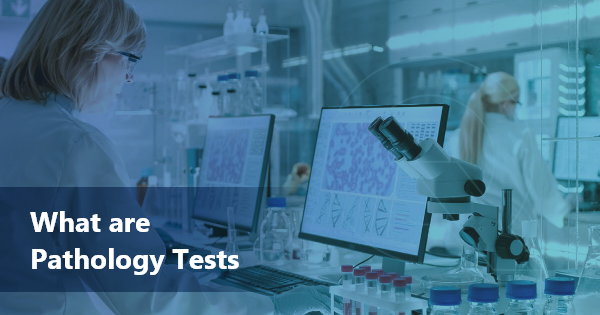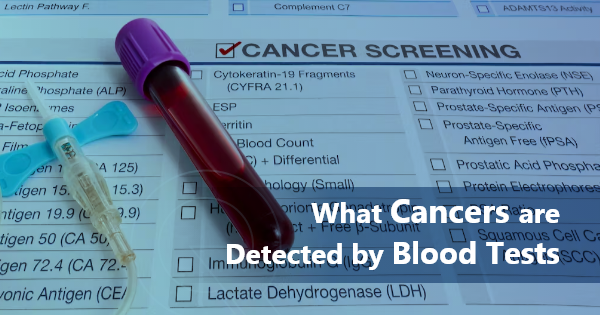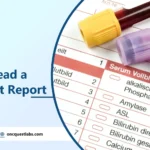Cancer, a formidable adversary to human health, often lurks in the body without revealing its presence through overt symptoms. In recent years, advances in medical science have led to the development of blood tests that can detect certain types of cancer. These tests analyze specific markers or substances in the blood that may indicate the presence of cancer cells or abnormalities. In this article, we will delve into the cancers that can be detected through blood tests, shedding light on the significance of early detection and the promise it holds for improved patient outcomes.
I. The Promise of Liquid Biopsies
A. The Concept of Liquid Biopsies
Traditional biopsies involve the removal of tissue samples for examination under a microscope to identify cancer cells. Liquid biopsies, on the other hand, are a non-invasive alternative that involves the analysis of components like DNA, proteins, or cells that are shed by tumors into the bloodstream. This revolutionary approach offers valuable insights into the genetic makeup of cancer cells and enables early detection.
B. Detectable Cancers through Blood Tests
1. Breast Cancer
Blood tests for breast cancer aim to identify specific markers, such as CA 15-3 and CA 27.29, which are elevated in the blood of some breast cancer patients. These tests are particularly useful for monitoring treatment response and detecting recurrent disease.
2. Colorectal Cancer
Colorectal cancer is among the most common malignancies worldwide. Blood tests can detect markers like carcinoembryonic antigen (CEA) and carbohydrate antigen 19-9 (CA 19-9), which may be elevated in individuals with colorectal cancer.
3. Prostate Cancer
The prostate-specific antigen (PSA) blood test is a well-known tool for detecting prostate cancer. Elevated levels of PSA may indicate the presence of prostate cancer cells, though further evaluation is often required to confirm the diagnosis.
II. Hematological Cancers: Leukemia and Lymphoma
A. Leukemia
Blood cancers like leukemia, which affect the bone marrow and blood-forming tissues, can sometimes be detected through blood tests. Complete blood counts (CBCs) may reveal abnormal levels of white blood cells, red blood cells, or platelets, which can be indicative of leukemia.
B. Lymphoma
Lymphomas, cancers of the lymphatic system, may also leave traces in the blood. Blood tests can identify abnormal levels of certain proteins or markers, aiding in the diagnosis and management of lymphoma.
III. Ovarian and Endometrial Cancers
A. Ovarian Cancer
Ovarian cancer is notoriously challenging to detect in its early stages. Blood tests that measure markers like CA 125 and Human Epididymis Protein 4 (HE4) can provide additional information to support the diagnosis and treatment of ovarian cancer.
B. Endometrial Cancer
Endometrial cancer, which affects the lining of the uterus, may sometimes be associated with elevated levels of specific markers, such as CA 125. Blood tests can be used in conjunction with other diagnostic methods to assess the likelihood of endometrial cancer.
IV. Pancreatic Cancer
Pancreatic cancer is often diagnosed at an advanced stage, making early detection crucial for improved outcomes. Blood tests that measure levels of certain markers like CA 19-9 can provide valuable information about the presence and progression of pancreatic cancer.
V. Lung Cancer
While not as commonly associated with blood markers as other cancers, certain blood tests, such as the ProGRP (Pro-gastrin-releasing peptide) test, may be used to support the diagnosis and management of small cell lung cancer.
VI. Challenges and Considerations
A. Sensitivity and Specificity
It’s important to note that while blood tests offer valuable insights, they are not infallible. Sensitivity and specificity, or the ability to correctly identify true positives and negatives, can vary depending on the type and stage of cancer.
B. False Positives and Negatives
Blood tests may sometimes yield false-positive results, indicating the presence of cancer when none is actually present. Conversely, false negatives may occur, potentially delaying the diagnosis of an existing cancer.
C. Complementary Role
Blood tests are typically used in conjunction with other diagnostic methods, such as imaging studies or traditional tissue biopsies, to provide a comprehensive assessment of a patient’s health.
VII. The Future of Blood-Based Cancer Detection
A. Advances in Technology
Ongoing research and technological advancements are expanding the capabilities of blood-based cancer detection. Techniques like next-generation sequencing and advanced proteomic analyses hold promise for even more accurate and comprehensive assessments.
B. Personalized Medicine
Blood-based cancer tests play a pivotal role in the emerging field of personalized medicine. By analyzing the genetic and molecular profile of a patient’s cancer, healthcare providers can tailor treatment plans to target specific vulnerabilities in the cancer cells.
Conclusion: Pioneering Early Detection for Improved Outcomes
Blood tests have emerged as invaluable tools in the early detection and management of various types of cancer. By analyzing specific markers or substances in the bloodstream, these tests offer a non-invasive and accessible means of assessing a patient’s health. While they are not standalone diagnostic tools, they play a crucial complementary role alongside other methods.
As technology continues to advance, the landscape of blood-based cancer detection is poised for further breakthroughs. With ongoing research, improved methodologies, and a personalized approach to medicine, the potential to detect and treat cancer at its earliest, most treatable stages is within reach. Through the combined efforts of healthcare professionals, researchers, and patients, we stand on the cusp of a new era in cancer detection and treatment, offering hope for improved outcomes and a brighter future for those affected by this formidable disease.
In recent years, blood tests have revolutionized the landscape of cancer detection, offering a minimally invasive yet powerful tool in the fight against this complex disease. By analyzing specific biomarkers in the bloodstream, healthcare providers can gain critical insights into the presence and characteristics of various types of cancer. These tests not only aid in diagnosis but also play a crucial role in monitoring treatment effectiveness, detecting recurrences, and guiding personalized treatment strategies.
However, it’s important to recognize that blood tests are not standalone diagnostic tools. They are typically used in conjunction with other methods, such as imaging studies and traditional tissue biopsies, to provide a comprehensive assessment of a patient’s health. Additionally, while blood tests have shown remarkable promise, they are not without their limitations, including the potential for false positives or false negatives.
As research and technology continue to advance, the field of blood-based cancer detection holds immense potential. With ongoing innovations and a personalized approach to medicine, we are on the brink of a new era in cancer care, one that prioritizes early detection and targeted interventions, ultimately leading to improved outcomes and a brighter future for cancer patients worldwide.





